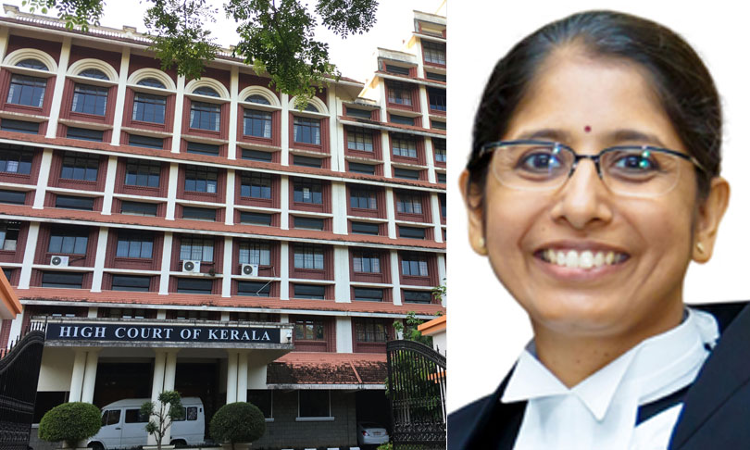Govt & Establishments Obliged To Provide Full & Effective Participation Of Transgender Persons & Their Inclusion In Society : Kerala High Court In NCC Case
Lydia Suzanne Thomas
17 March 2021 2:37 PM IST

"We cannot take recourse to the outdated provisions of a 1948 enactment to deal with the realities of life in the year 2021"
Next Story


